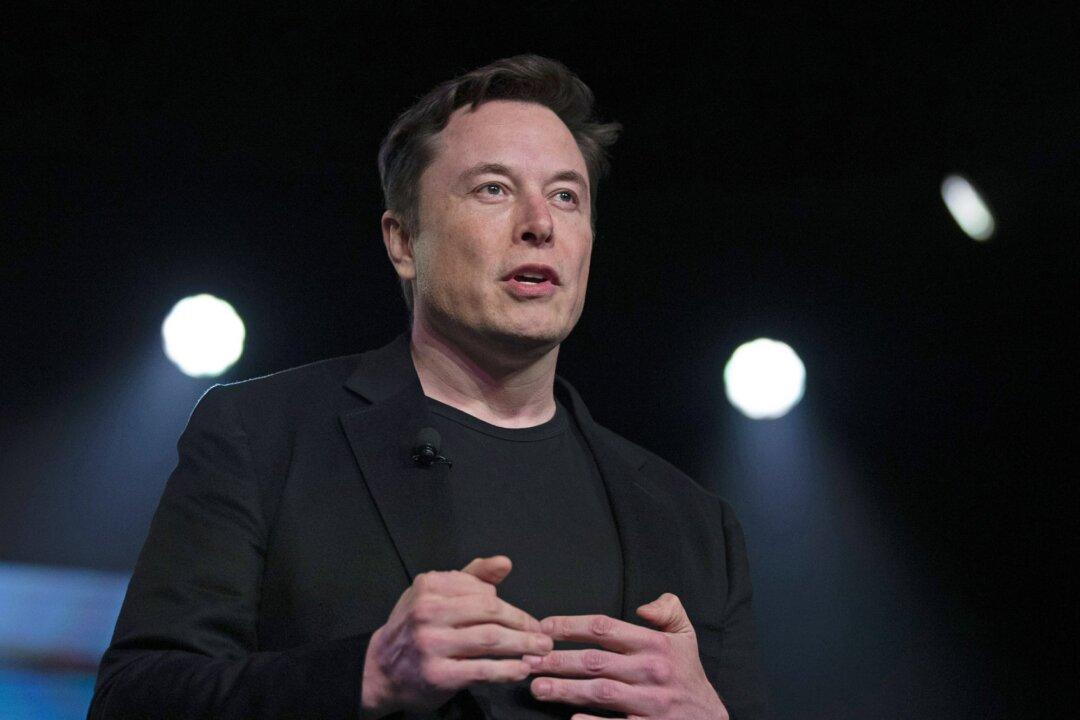Ownership contest for Twitter has devolved into a chess game after the company’s board last week adopted a poison pill to thwart an unwelcome takeover attempt by the world’s richest man, Elon Musk.
Many people around the world, including the company’s stockholders, are now eagerly awaiting the billionaire’s next move.





